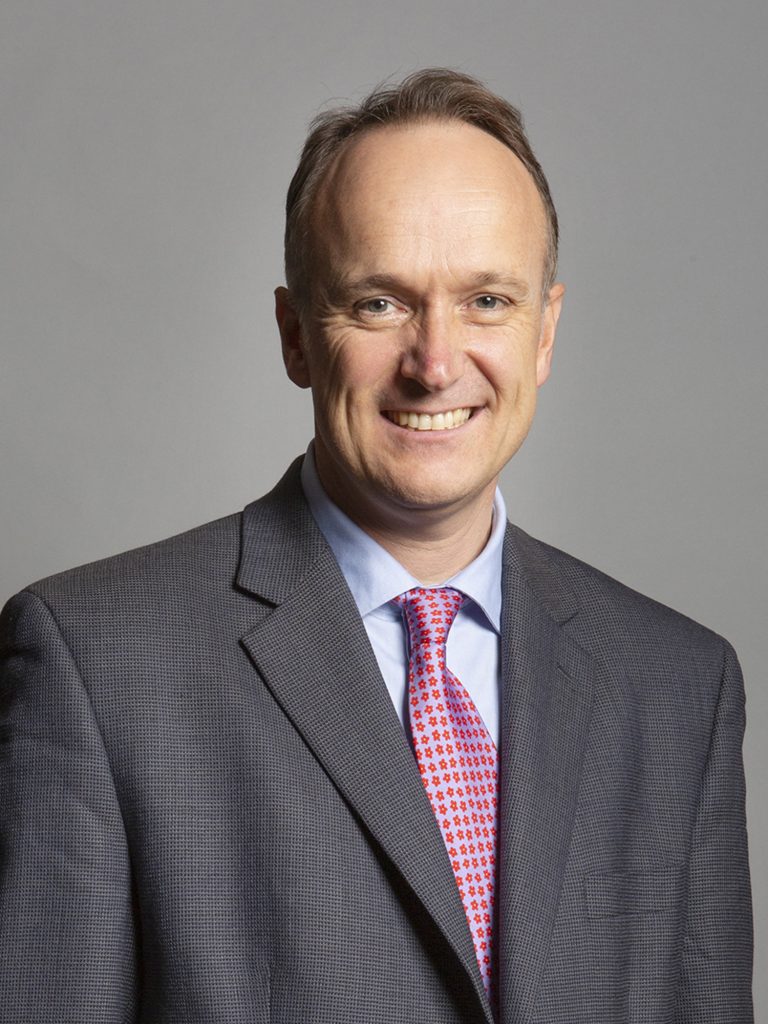Neil Hudson – 2022 Speech on the Avian Influenza Outbreak
The speech made by Neil Hudson, the Conservative MP for Penrith and the Border, in Westminster Hall, the House of Commons on 30 November 2022.
It is a privilege to serve under your chairmanship, Sir George. I pay tribute to my right hon. Friend the Member for Maldon (Sir John Whittingdale) for raising this important issue. I declare a strong personal and professional interest as a veterinary surgeon. My thoughts go out to the farmers, vets, officials and anyone on the frontline in this catastrophe. It is incredibly distressing. I pay tribute to the vets and officials at the APHA for all their work at this unprecedented time.
We have heard about the impact of the disease on birds in the domestic market and on wild birds. I want to talk about its impact on people on the frontline. I sit on the EFRA Select Committee and in our urgent session on avian influenza yesterday, we looked at the impact not only on birds but on humans. It very much goes in parallel with our inquiry on rural mental health and the long-term effects of these situations on those on the frontline.
I spent a period as a veterinary surgeon on the frontline during the foot and mouth crisis, and I witnessed sights that I never want to witness again in my lifetime. People on the frontline in the current situation are seeing things on a similar scale. We need to be cognisant of that moving forward. In the Committee’s session yesterday, we found that there needs to be more collaboration and more data collection, so that we understand more about the incidence of the disease in the wild bird population and the transmission pathway.
My right hon. Friend the Member for Maldon mentioned that we have learned lessons from covid. Work needs to be done at pace to develop a vaccine. This is a highly pathogenic H5N1 strain, and the available vaccine is not suitable for this particular strain. This work needs to be done internationally; we need international collaboration and Government support. There needs to be a lot of research on the difference between naturally infected birds and birds that have been vaccinated. That technology needs to be moved forward at pace. We have learned lessons from covid, and this is a similar situation. Where there is a will, there is a way.
We need to remember that viruses do not respect international or domestic borders. We need to have a UK approach and a global approach to tackle the disease. I pay tribute to the people at the APHA. They really are on the frontline and they are coping at this point. The EFRA Select Committee had the chief executive and the chief vet before us yesterday.
As a member of the EFRA Committee, I guested on the Public Accounts Committee with the National Audit Office for the session on the APHA site at Weybridge. It needs a radical redevelopment and it is going to cost £2.8 billion. We know that there are fiscal constraints, but it is so important that we spend that money now to prevent us from having to spend a lot more in the future and, as we have heard, to stop the devastating impact on human and animal health. I urge the Minister to bat for DEFRA and make the case that it needs that £2.8 billion; £1.2 billion has been earmarked and we need the additional £1.6 billion as a priority. The APHA is coping, but heaven forbid that we get something else like foot and mouth disease, African swine fever or African horse sickness coming in. The potential outbreaks could be catastrophic for our country. We need resources, people and expertise.
In some quarters, this situation has been likened to fighting a war with a peacetime army. That is probably where we are now. We are coping, but we must make preparations to ensure that we are resilient into the future, so we need sufficient vets and officials. The EFRA Committee has produced reports that recommend that the Government look at veterinary workforce issues and workforce issues across the agricultural sector, and ensure that our farming communities, who are so important to food security, are supported with the workforce they need.
We have talked about compensation, and this highly pathogenic strain means that the compensation needs to kick in earlier in the cull process. I would like to hear from the Minister—this has been raised by other colleagues—whether there could be some help through insurance schemes, perhaps underwritten by Government, to help farmers have a bit of security. In addition, at what point would the Government act according to the Agriculture Act 2020 and say that we are in exceptional market conditions and that they can use the powers in the Act to help farmers?
The hon. Member for Lancaster and Fleetwood (Cat Smith) spoke about free-range classification and that movement from post-16 weeks to not being free range. There is discussion at EU-level about whether, if the state vets say that the birds need to be indoors, the free-range status can be carried on longer. The UK needs to be cognisant of that and make preparations to ensure that our farmers are on a level playing field. I thank everyone on the frontline; my thoughts, feelings and prayers are with them. I look forward to hearing from the Minister.

